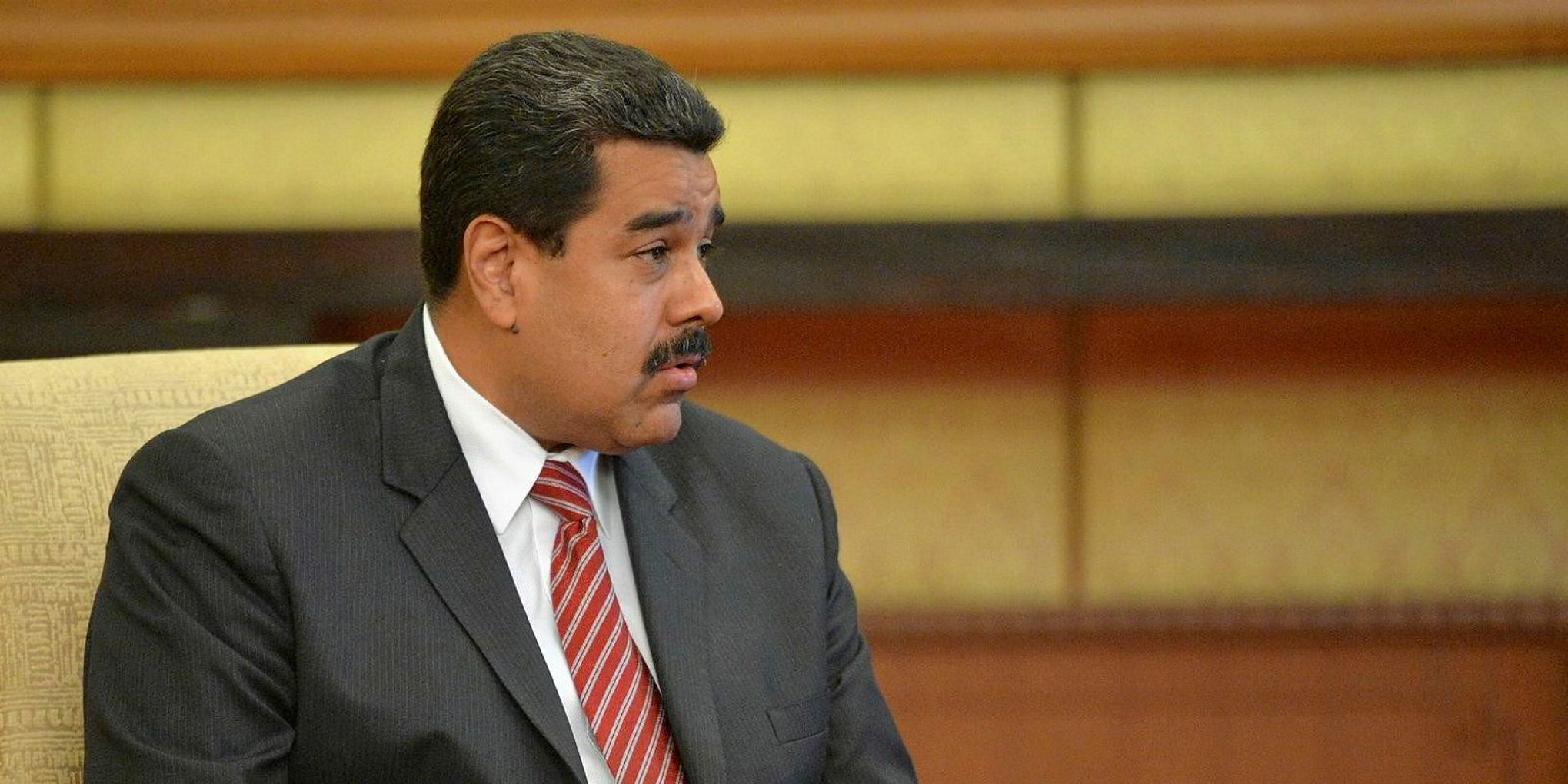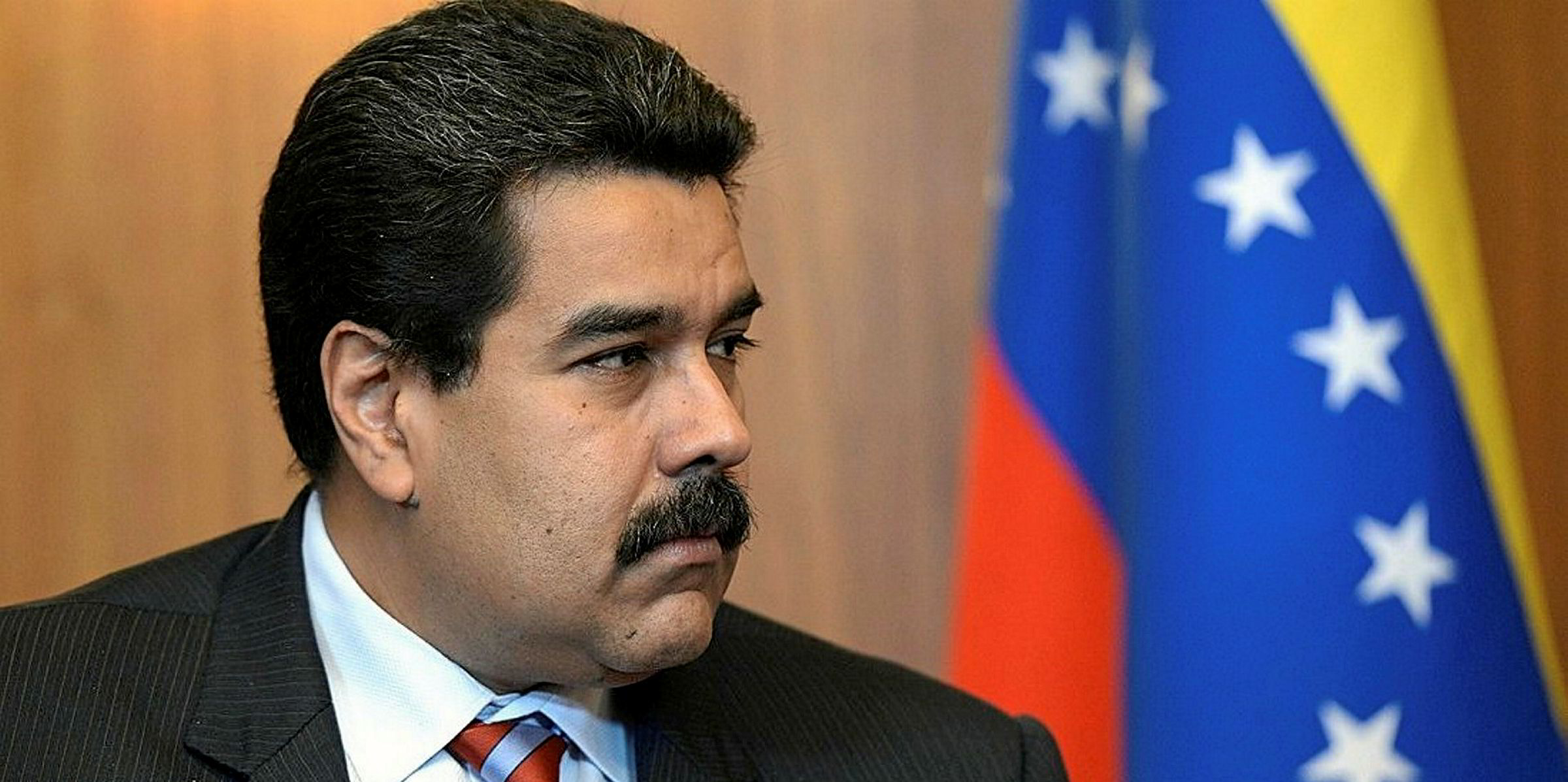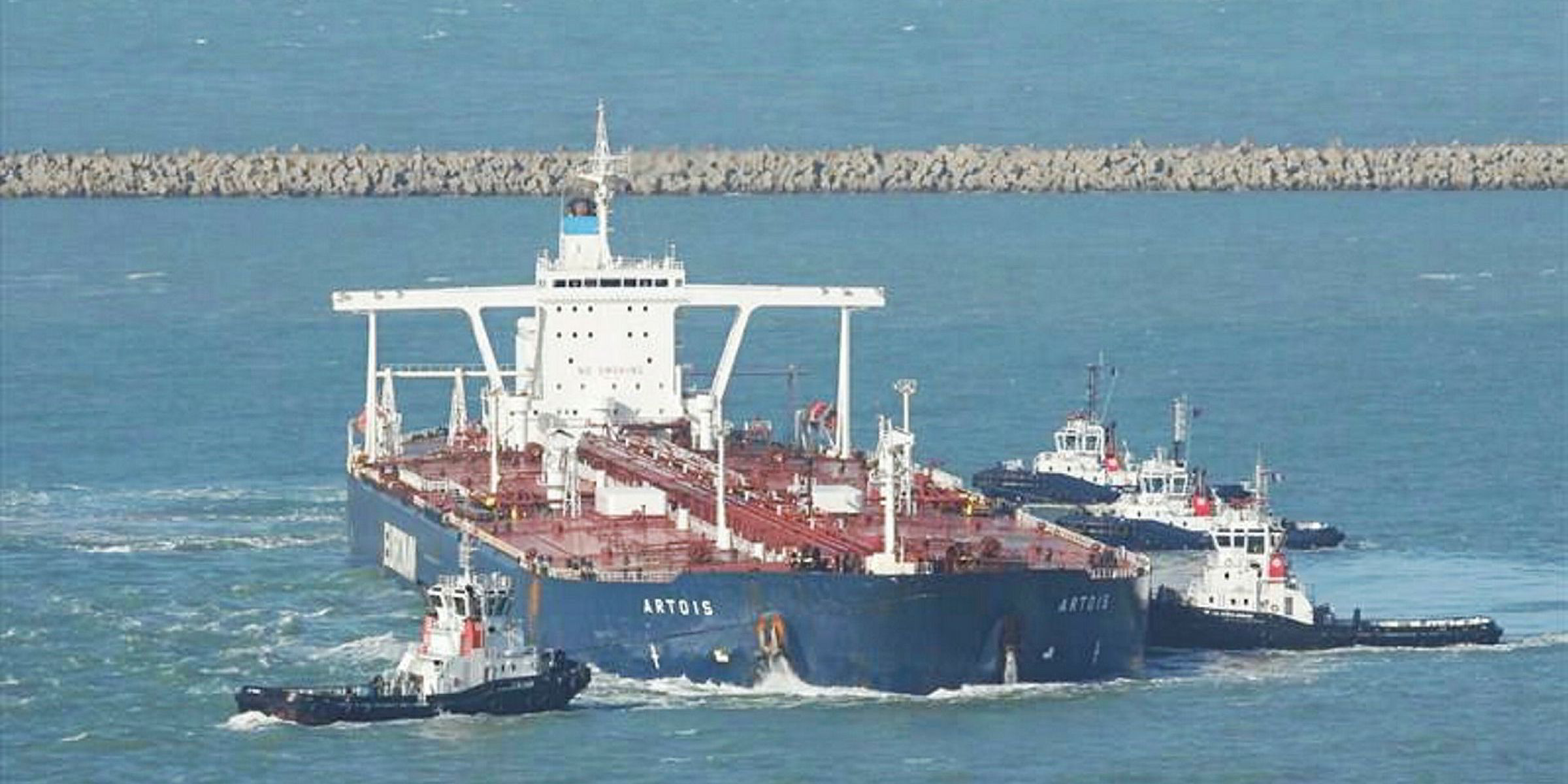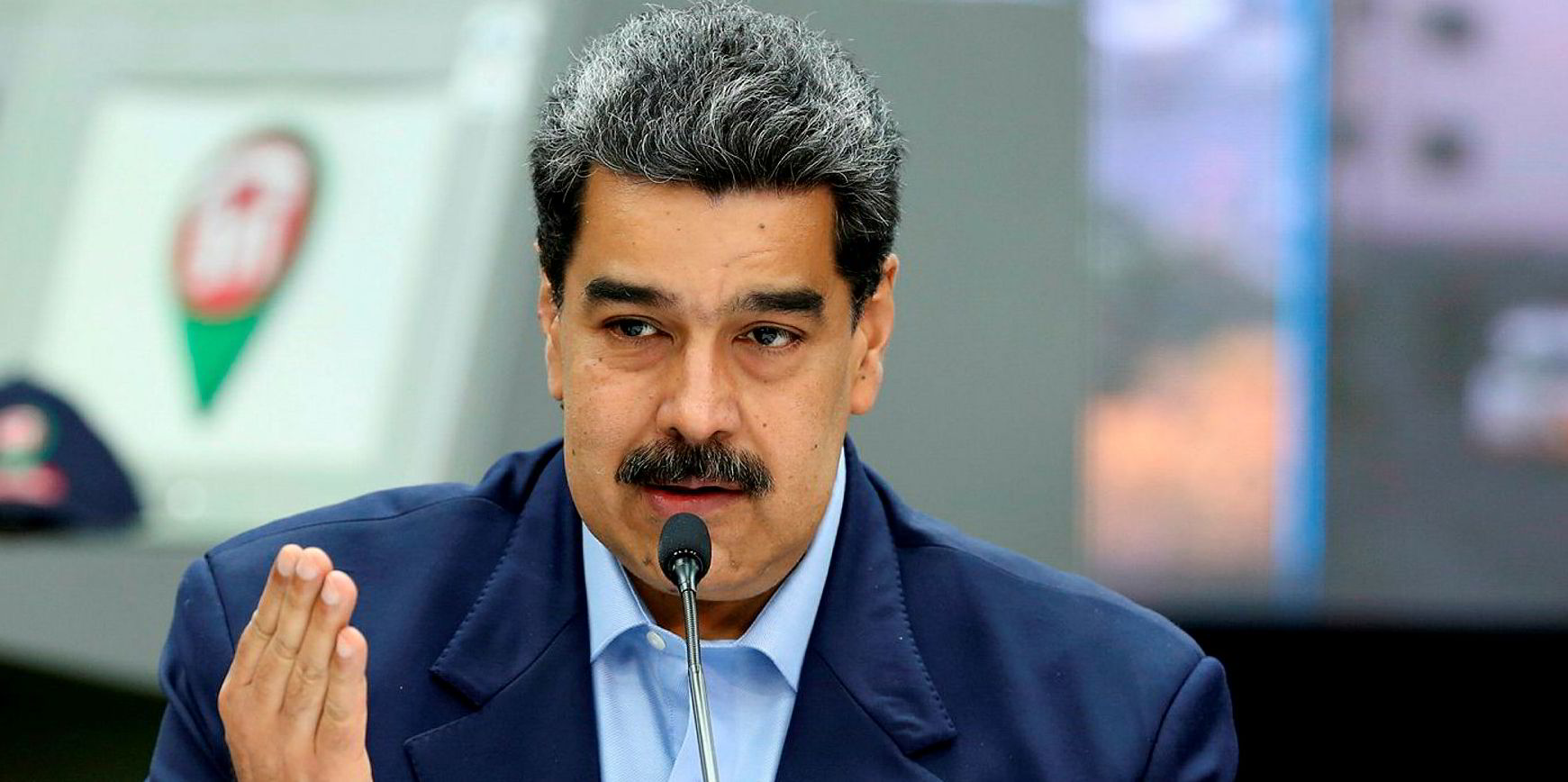Tanker trade in Venezuela has been dealt another blow after the US tightened sanctions on the South American country to drive out President Nicolas Maduro.
When renewing sanction waivers for five US oil firms earlier this week, the Office of Foreign Assets Control (Ofac) explicitly stated they would not be allowed to drill, lift, process, deal or ship any Venezuelan-origin oil.
Chevron, Halliburton, Schlumberger, Baker Hughes and Weatherford International will be allowed only to take part in unspecified “limited maintenance of essential operations” until 1 December, Ofac said.
Law firm Seward & Kissel commented that the revised waivers “could have an impact on the global energy industry, and in particular, could impact contractual relationships with the companies and those otherwise dealing in the Venezuelan petroleum industry, including charter party arrangements, vessel owners, and financing arrangements.”
Deprived oil industry
Venezuelan crude exports have been trending downward this year as Washington continues to ramp up sanctions pressure in spite of the coronavirus pandemic.
Kpler data showed the Opec member’s crude exports amounted to only 559,000 barrels per day (bpd) in March, down from 921,000 bpd in December.
April is expected to see a small rebound in exports to 651,000 bpd, with seven VLCCs, six suezmaxes, seven aframaxes and one MR ship scheduled to lift.
But the bump is not expected to last as Venezuelan crude production keeps falling with the lack of maintenance on production facilities in the poverty-stricken country.
According to Opec secondary sources, Venezuela’s crude production decreased to 660,000 bpd in March from 760,000 bpd in February.
Output at Petropiar – a joint venture between Chevron and state-owned Petroleos de Venezuela (PDVSA) – fell to 50,000 bpd in mid-March from 120,000 bpd in January, Bloomberg reported.
Rosneft withdrawal
In mid-February, the US put Rosneft Trading, a Geneva-based subsidiary of Russian oil giant Rosneft, on the sanctions list for shipping 60m barrels of PDVSA crude between August 2019 and January 2020.
Data from IHS Markit revealed Rosneft was responsible for 78% of Venezuela’s crude shipments in the second half of last year.
Kremlin-controlled Rosneft initially described the US move as “illegal, unjustified, and an act of legal abuse” and said the sanctions were “arbitrary and selective” as American firms were not punished for similar activities in Venezuela.
However, the company in late March announced the termination of its operations in Venezuela and sold related assets to an entity 100% owned by the Russian state.
“As a result of the concluded agreement all assets and trading operations of Rosneft in Venezuela and/or connected with Venezuela will be disposed of, terminated or liquidated,” Rosneft said.
According to Ofac, companies need to wind down their business dealings with Rosneft Trading by 20 May to avoid US sanctions.







